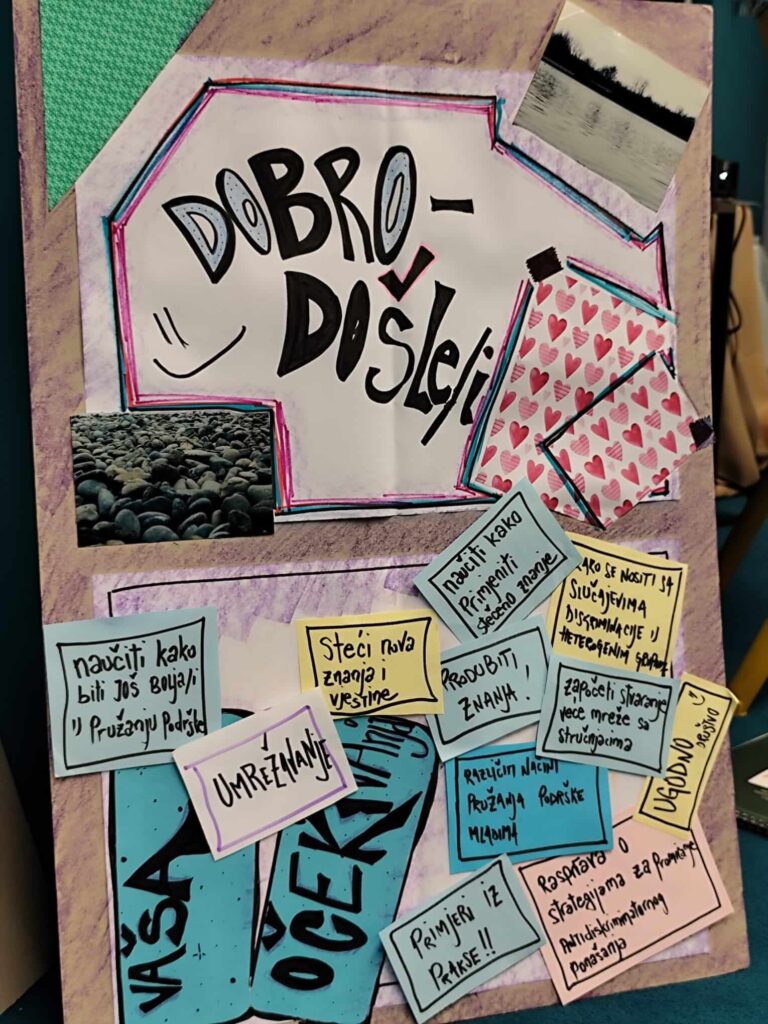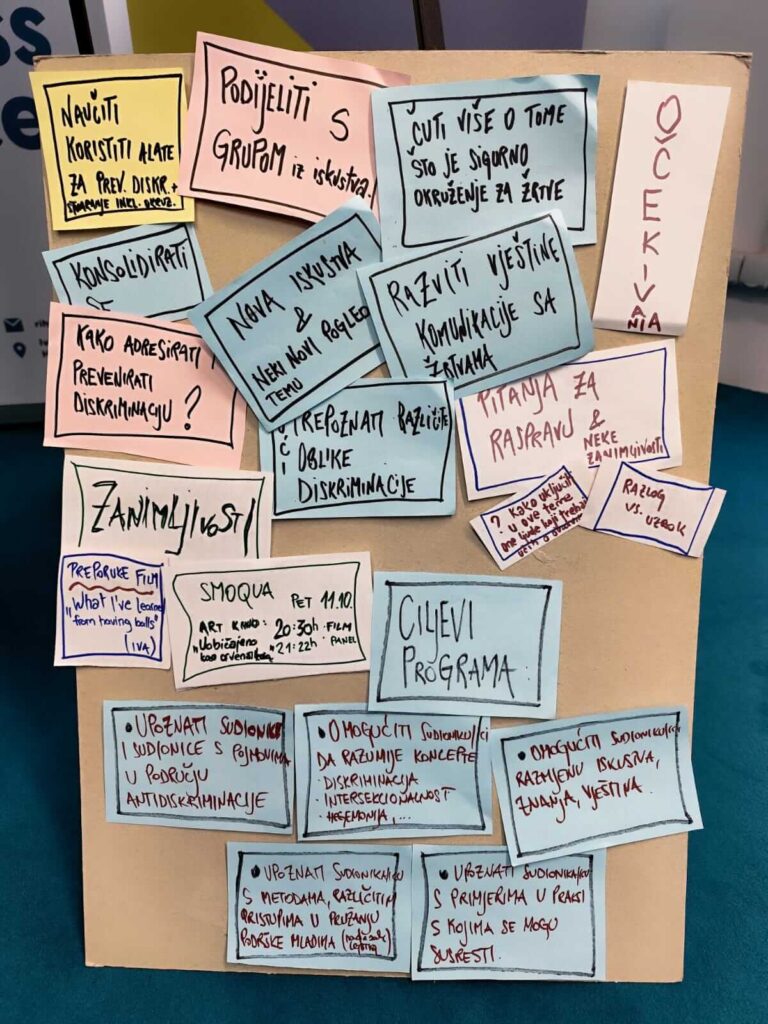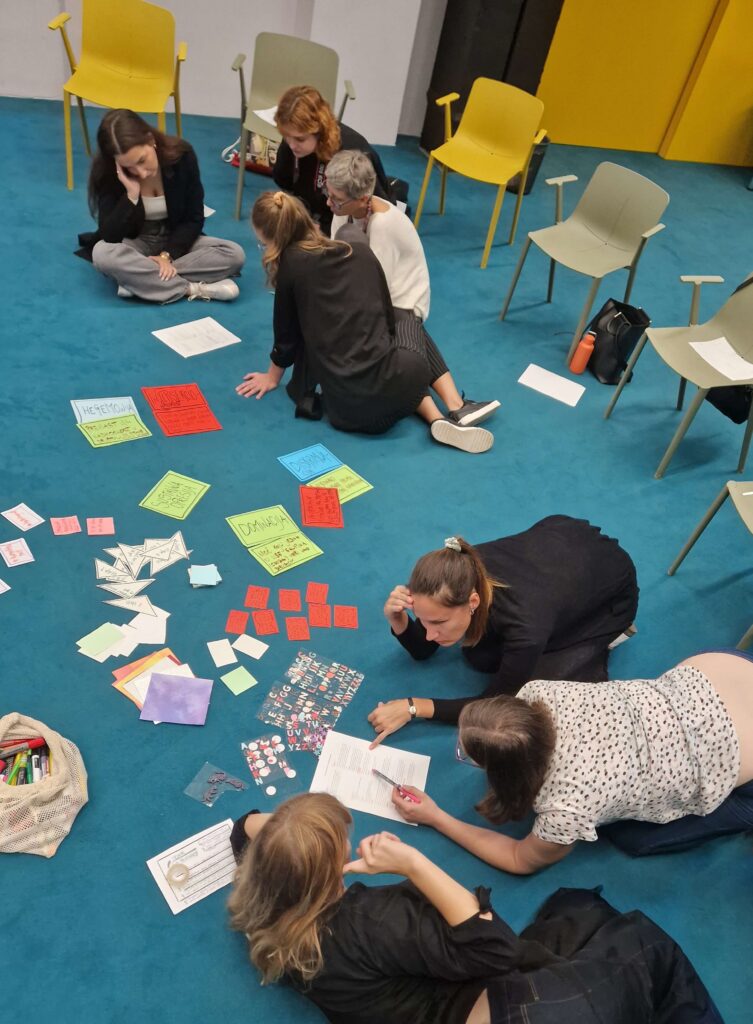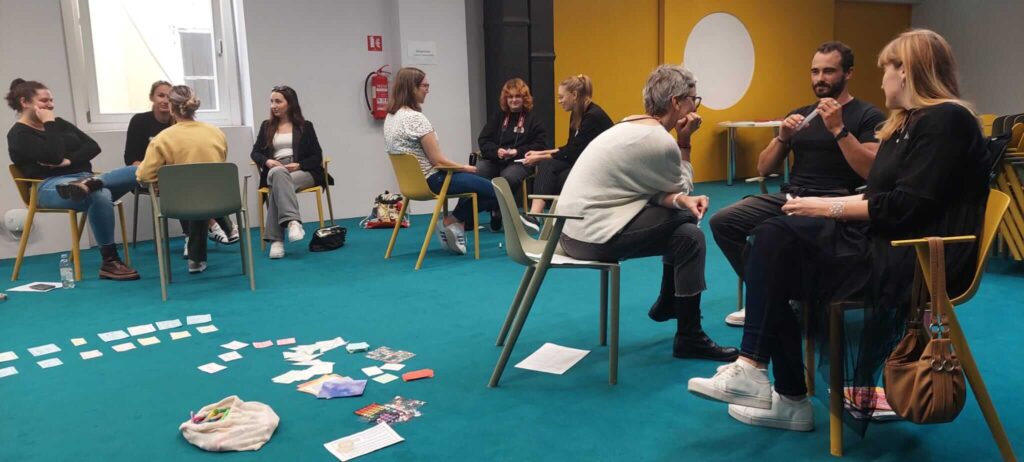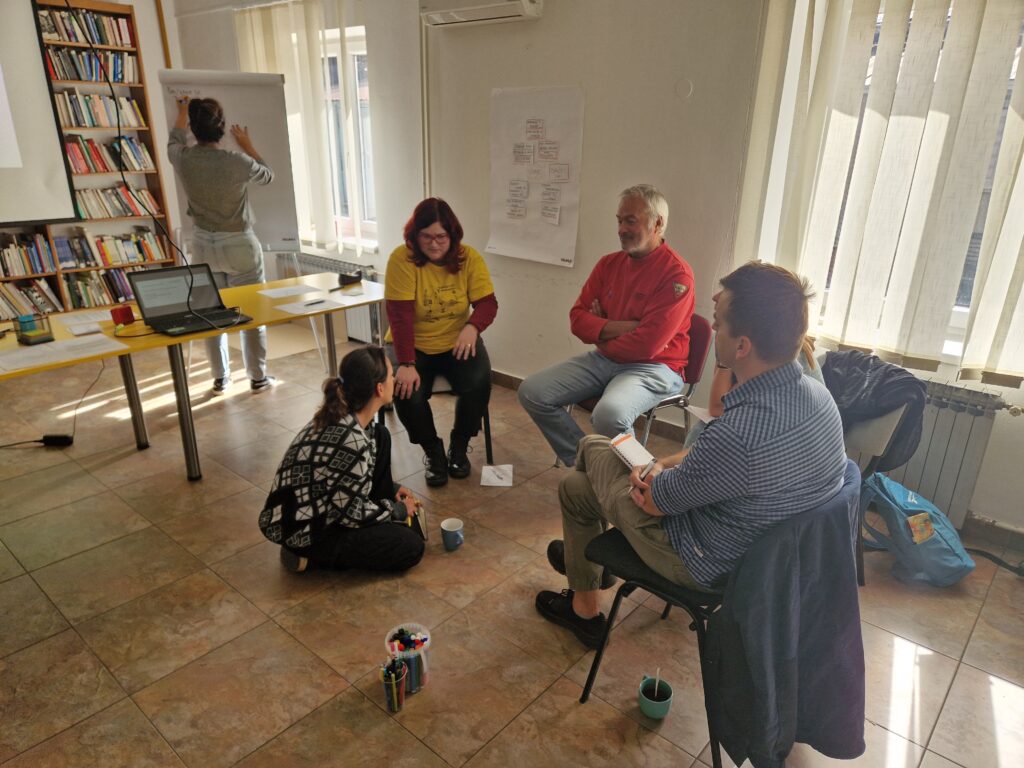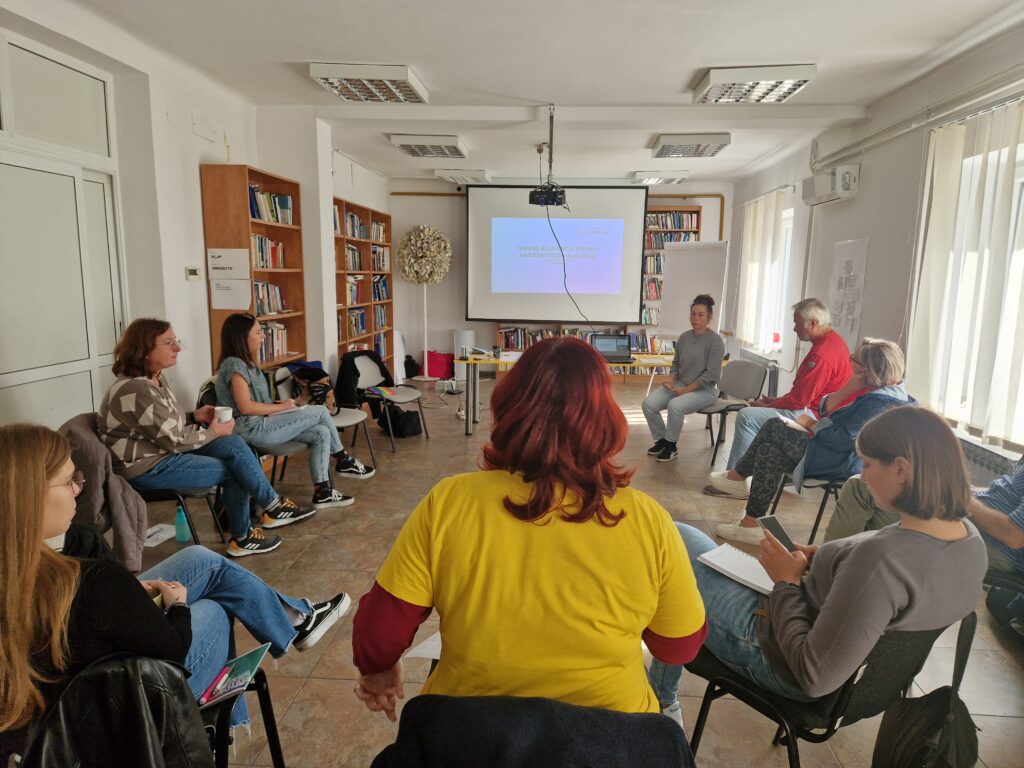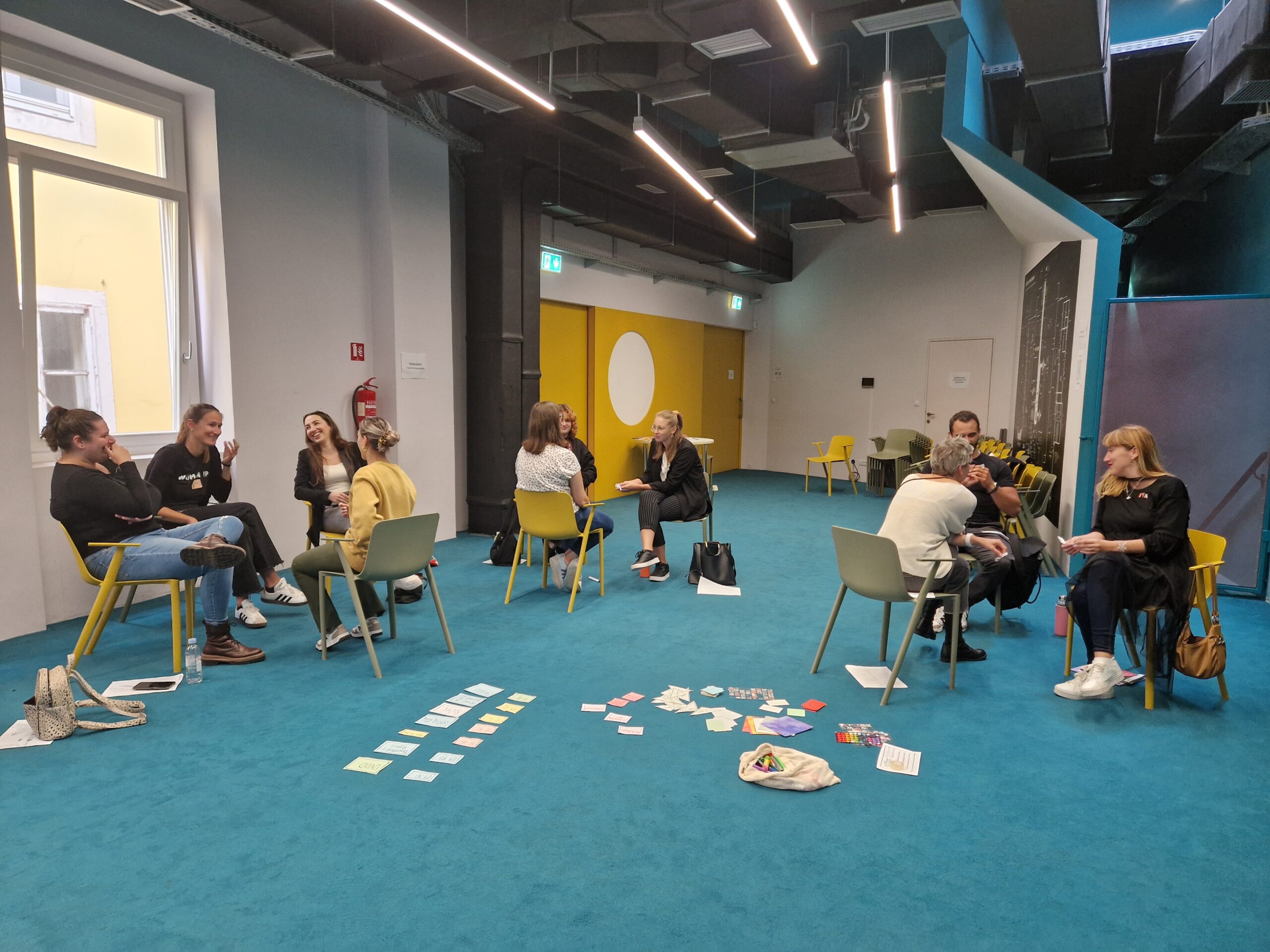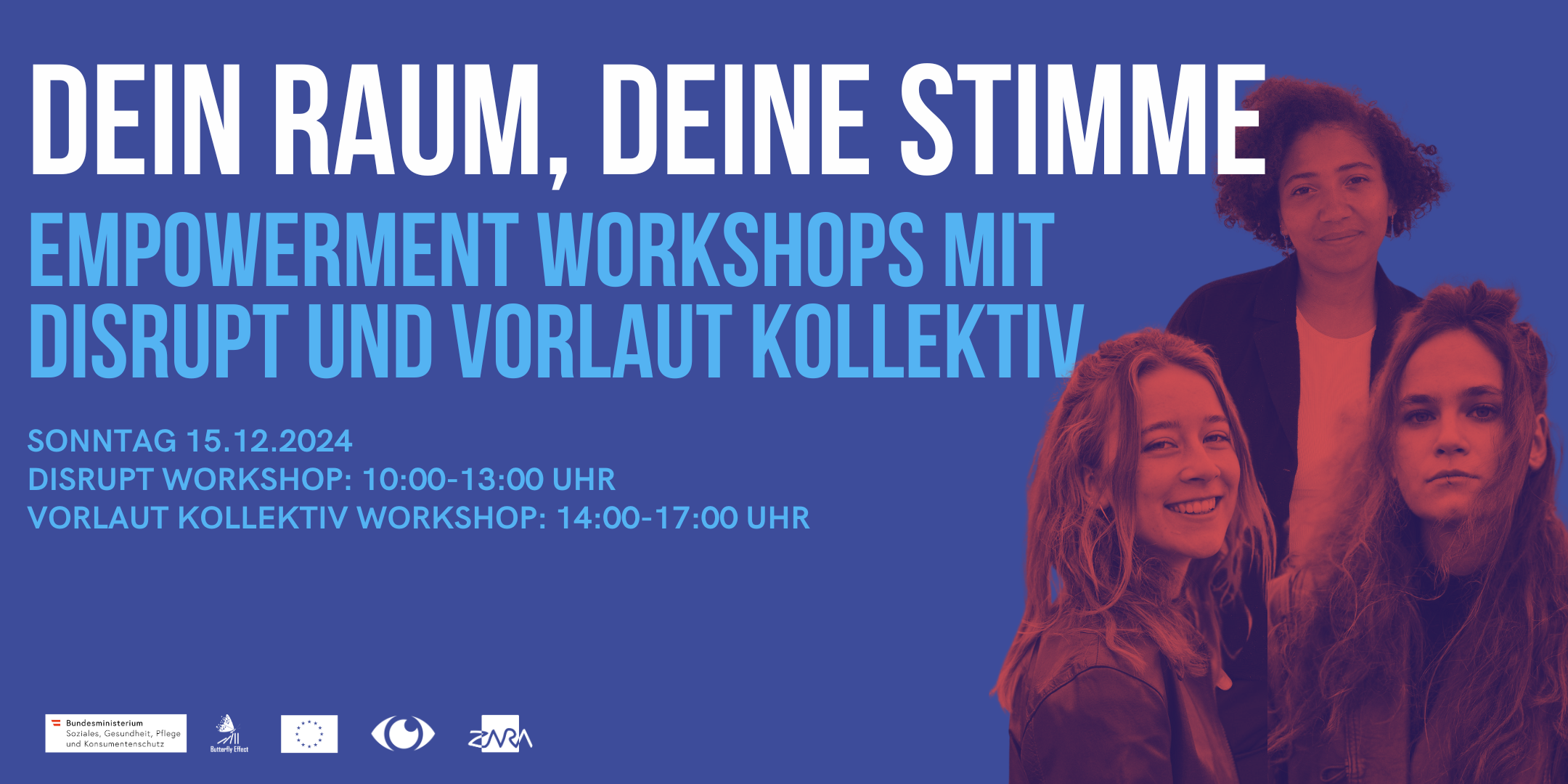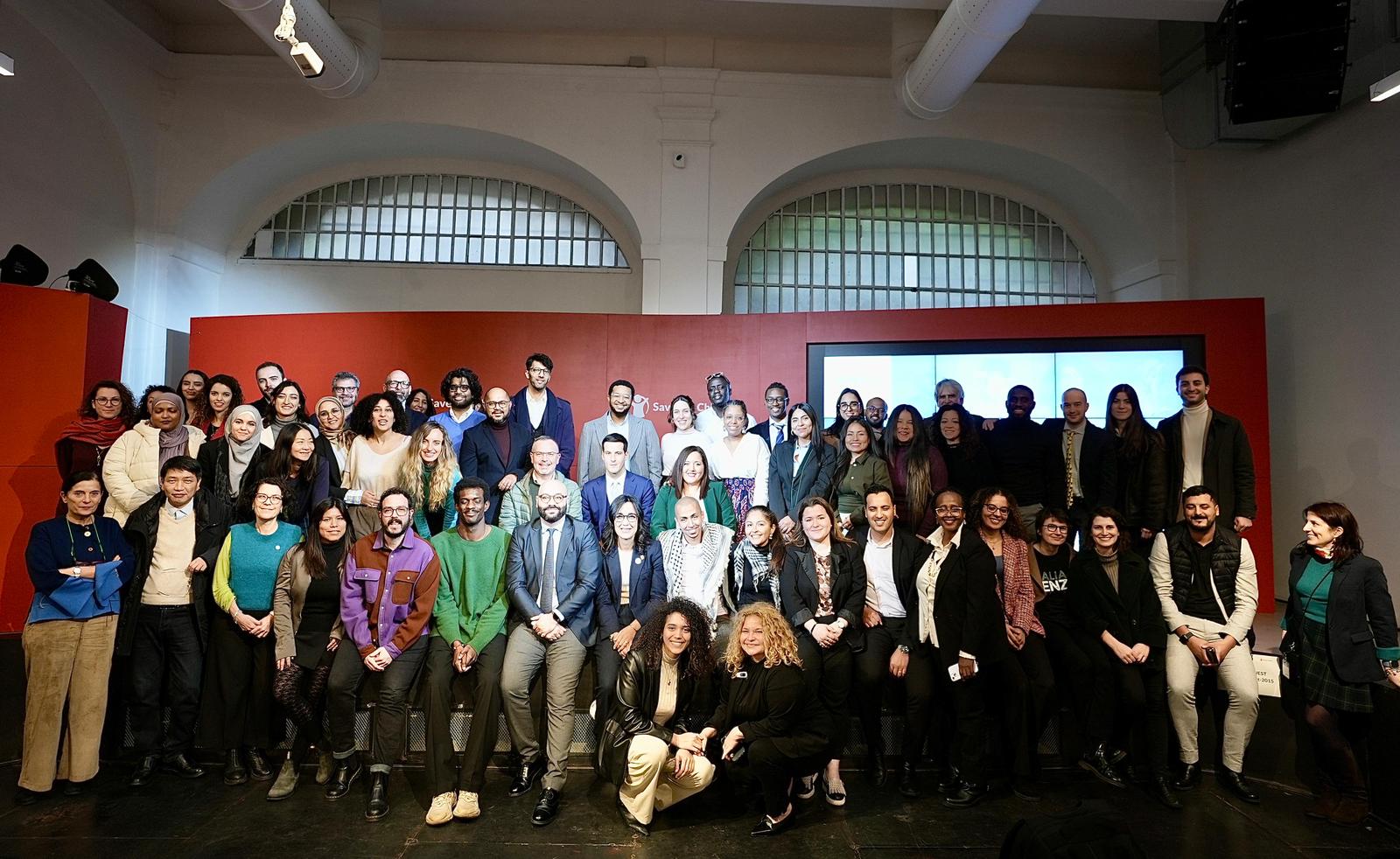In September, Human Rights House Zagreb organised two capacity building workshops for youth and activists. The workshops were held in Rijeka and Zagreb, focusing on LGBTIQ+ discrimination and racism respectively – with the aim of empowering participants to become anti-discrimination ambassadors within their collectives, workplaces, and beyond, promoting, modeling and implementing anti-discriminatory action, solidarity, and an intersectional perspective both in their work and everyday lives.
The workshop in Rijeka was co-facilitated by Mirela Pašić – pedagogue and trainer in the field of youth work, Antonija Stojanović Almesberger – Program Coordinator at Lesbian Organisation Rijeka – LORI, and HRHZ’s Jelena Grobenski.
Through theoretical and practical exercises, self-reflection, quizzes, best practice examples, experience and knowledge exchanges, as well as familiarisation with the legal framework and resources that can be used in their work, participants gained a wider and deeper understanding of their own biases and internalised misinformation, as well as the realities, challenges and possibilities present in the local and global contexts, while special attention was given to strategies for supporting victims of LGBTIQ discrimination.
The workshop in Zagreb was co-facilitated by Emina Bužinkić – researcher, activist and author of works on the intersections of migration, education, transnational solidarity and feminist praxis, Lucija Mulalić – activist from the Center for Peace Studies, and HRHZ’s Jelena Grobenski.
The workshop focused on deepening the participants’ understanding of how power and interest shape our societies through domination, cultural hegemony, racism, discrimination and systemic oppression, as well as through mechanisms of social reproduction in relation to intersecting identities of gender, race, ethnicity and other determinants. Participants worked on adopting the active bystander approach and explored victim support strategies, while special attention was dedicated to the principles of transformative justice and its application within collectives.
